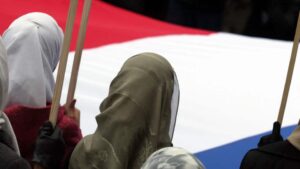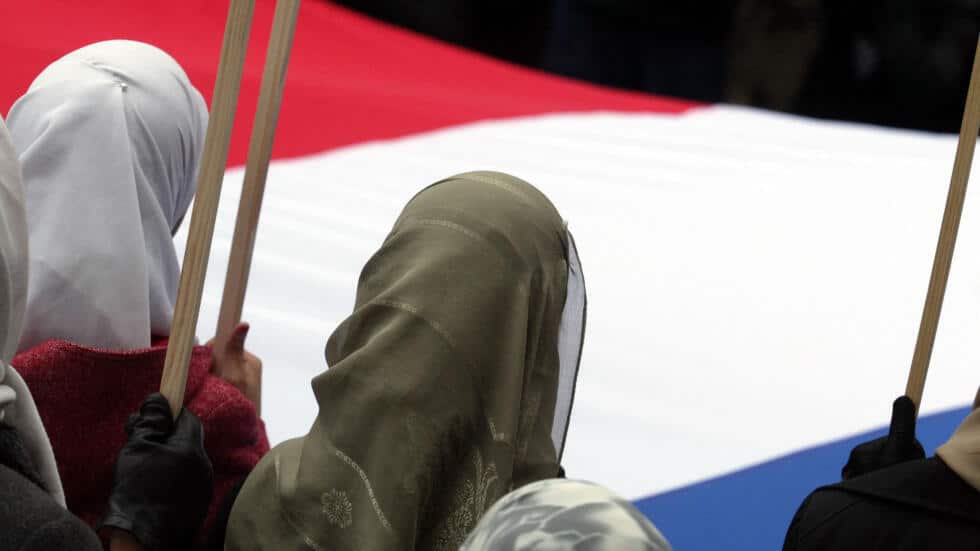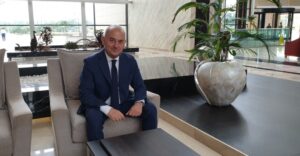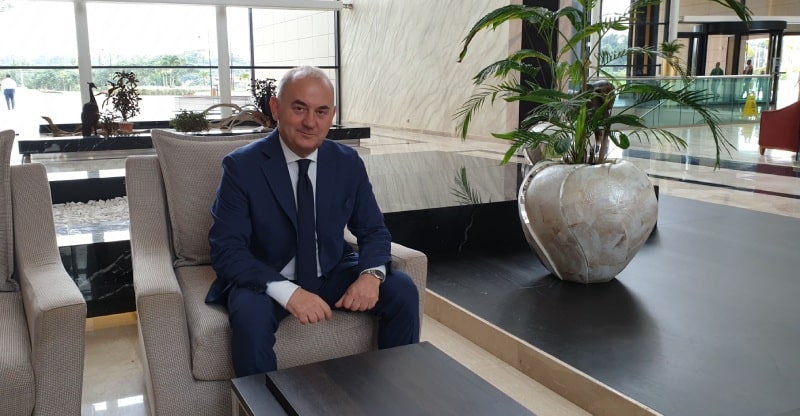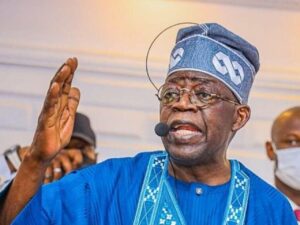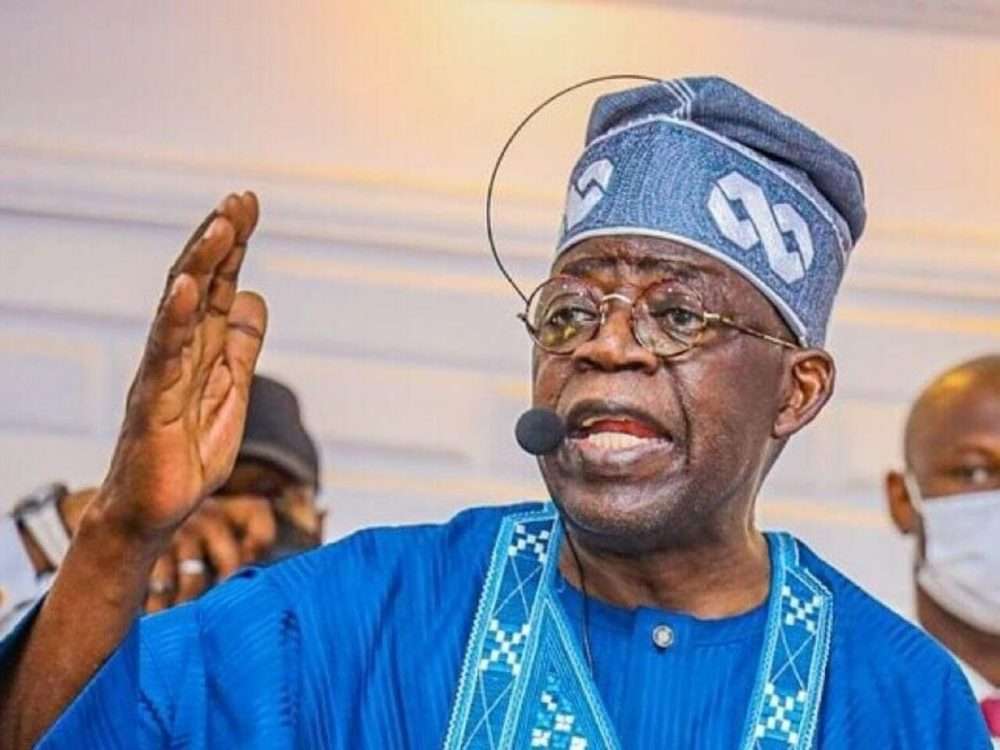Ouagadougou, Feb 27, 2018 (AFP)
More than 80 people went on trial before a military court in Burkina Faso on Tuesday over a failed 2015 coup in a case being seen as a test for justice in the West African country.
Two top generals accused of masterminding the plot, Gilbert Diendere and Djibrill Bassole, were cheered by supporters as they arrived at the court in the capital Ouagadougou.
Security was high, with forces guarding a 200-metre (yard) cordon around the military tribunal. Traffic was blocked, mobile phones banned and people entering the zone were searched.
Bassole and Diendere — key allies of former president Blaise Compaore who was chased from power in October 2014 — are among a total of 84 people on trial, including 66 military officials and 18 civilians.
They face a variety of charges including treason, undermining state security and murder over the coup launched in September 2015 by Compaore’s old presidential guard against the transitional government that took power after the veteran leader’s fall.
The elite unit known as the RSP briefly took the country’s leaders hostage before the coup was thwarted by street protesters and support from the army which attacked the plotters’ barracks.
Fourteen people died and 270 were injured in the unrest in the former French colony.
– ‘Life-size test’ –
The defendants risk heavy penalties, including the death sentence, which has not been used in Burkina Faso for 30 years.
The Burkinabe Movement for Human and People’s Rights (MBDHP) described the case as a “life-size test of the credibility of the Burkinabe judiciary”, often accused of being under the control of those in power in a country blighted by numberous coups and mutiny since independence in 1960.
In 2016, Burkina Faso said it thwarted another plot by forces loyal to Campaore to seize power in the impoverished Sahel state and to try to free comrades detained over the 2015 coup.
Dienere, the former head of the RSP, has reportedly hired five lawyers for the case and called for a host of top political and military leaders to appear in court.
“He is ready for this trial, he is ready for everything to come out,” a member of his entourage said last week.
Bassole said in an interview published last week that he did not believe he would receive a fair hearing.
“Too many unfair and arbitrary decisions have been made against me in flagrant violation of my rights for me to be able to have confidence in military justice,” he told private newspaper Le Pays.
Some analysts say the trial could also shed light on other non-resolved high-profile cases in Burkina Faso, such as the assassination of Thomas Sankara in 1987 or journalist Norbert Zongo in 1998, where the names of Diendere or Campaore’s presidential guard often come up.
Compaore, who was ousted after he tried to change the constitution to extend his 27-year rule, is now in exile in neighbouring Ivory Coast.
Two top generals accused of masterminding the plot, Gilbert Diendere and Djibrill Bassole, were cheered by supporters as they arrived at the court in the capital Ouagadougou.
Security was high, with forces guarding a 200-metre (yard) cordon around the military tribunal. Traffic was blocked, mobile phones banned and people entering the zone were searched.
Bassole and Diendere — key allies of former president Blaise Compaore who was chased from power in October 2014 — are among a total of 84 people on trial, including 66 military officials and 18 civilians.
They face a variety of charges including treason, undermining state security and murder over the coup launched in September 2015 by Compaore’s old presidential guard against the transitional government that took power after the veteran leader’s fall.
The elite unit known as the RSP briefly took the country’s leaders hostage before the coup was thwarted by street protesters and support from the army which attacked the plotters’ barracks.
Fourteen people died and 270 were injured in the unrest in the former French colony.
– ‘Life-size test’ –
The defendants risk heavy penalties, including the death sentence, which has not been used in Burkina Faso for 30 years.
The Burkinabe Movement for Human and People’s Rights (MBDHP) described the case as a “life-size test of the credibility of the Burkinabe judiciary”, often accused of being under the control of those in power in a country blighted by numberous coups and mutiny since independence in 1960.
In 2016, Burkina Faso said it thwarted another plot by forces loyal to Campaore to seize power in the impoverished Sahel state and to try to free comrades detained over the 2015 coup.
Dienere, the former head of the RSP, has reportedly hired five lawyers for the case and called for a host of top political and military leaders to appear in court.
“He is ready for this trial, he is ready for everything to come out,” a member of his entourage said last week.
Bassole said in an interview published last week that he did not believe he would receive a fair hearing.
“Too many unfair and arbitrary decisions have been made against me in flagrant violation of my rights for me to be able to have confidence in military justice,” he told private newspaper Le Pays.
Some analysts say the trial could also shed light on other non-resolved high-profile cases in Burkina Faso, such as the assassination of Thomas Sankara in 1987 or journalist Norbert Zongo in 1998, where the names of Diendere or Campaore’s presidential guard often come up.
Compaore, who was ousted after he tried to change the constitution to extend his 27-year rule, is now in exile in neighbouring Ivory Coast.

